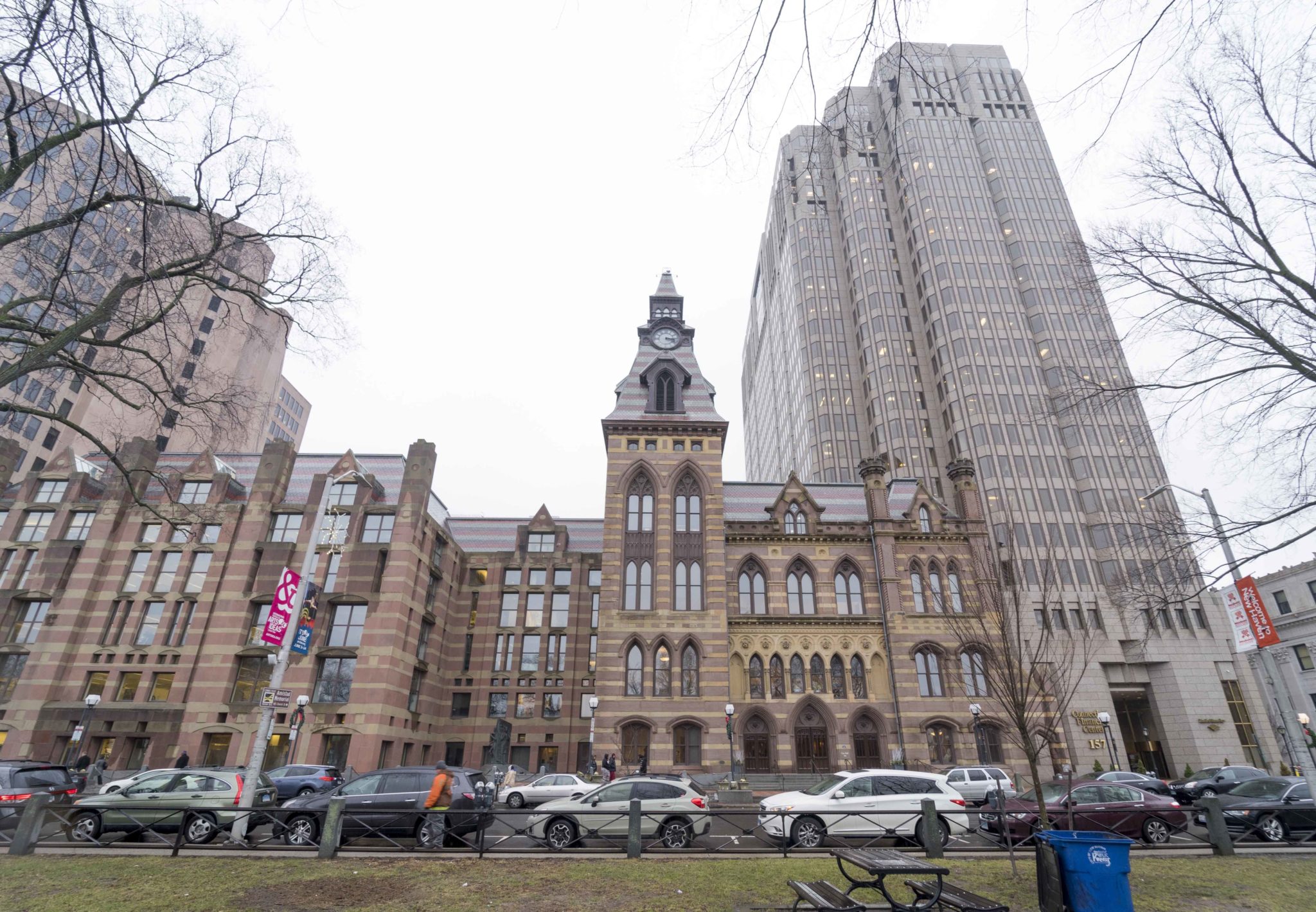
Nat Kerman
Part of a larger city-wide re-entry project for recently released prisoners, New Haven’s Project Fresh Start is aiming to facilitate creating a system of resources designed to decrease recidivism and increase self sufficiency for the formerly incarcerated.
As 10.5 percent of Connecticut’s total inmate population in 2018 hailed from New Haven, the city is looking to implement initiatives to reduce recidivation in the area. Project Fresh Start has provided ex-convicts with easier access and information regarding employment and housing opportunities, medical care and further education.
Carlos Sosa-Lombardo, director of Project Fresh Start, began working with the program eight months ago and has since been focusing on further developing the reentry program.
“We see a lot of need for certain abuse treatment, mental health treatment, and medical treatment in the population,” Sosa-Lombardo told the News. “We are attempting to reach these people so that we can bridge any gap [in the] treatment that they need.”
According to Connecticut’s Department of Corrections, 77 percent of the formerly incarcerated in 2018 needed treatment for substance abuse while imprisoned, and 64 percent of the state’s discharged prisoners lack a high school diploma. Sosa-Lombardo said these elements, among others, make entering the job force much more difficult, and severely limit housing opportunities. As a result, these lingering issues — often including substance abuse and depression — can lead to recidivism, placing the ex-offenders in a difficult cycle to overcome.
To combat this, Project Fresh Start connects the recently incarcerated with a number of programs. Their partnership with STRIVE, a local non-profit organization, provides resume-writing workshops and connections to internships for those looking to enter the workforce.
Despite these efforts, the criminal records of those returning home can prove to be a major obstacle.
According to David McDonald, an intern at Project Fresh Start, records are often the leading cause of one being denied a job, and the process to apply for an offense to be expunged from your record is difficult.
“Some of them don’t have access to a computer,” McDonald said. “We are trying to do our best to get people who have been released back into the community.”
To combat these issues, the Project hosts biweekly pardon workshops that guide the recently incarcerated through the application process.
Donald Morris, Jr., who also works as an intern for the Project, believes that the service has been instrumental in providing support outside of the tangible.
“People come here conversing and want to get things off their chest,” Morris said. “People come in here and just want to talk.”
According to Sosa-Lombardo, since the Project’s inception in 2014, they have helped over four thousand people. He added that the organization is looking to evolve into a re-entry center that will serve as a one-stop avenue to medical care, mental health and addiction treatment, probation and parole officers as well as legal services. He said he hopes that this will eliminate the need to go to multiple locations, which in the past has proved to be a challenge for the recently incarcerated.
“This model is something that no other city is attempting,” he said. “If I can rally state and local decision makers around starting a re-entry center, that will be something unique in the country.”
The Project has already begun to put some of their plans in motion.
The organization is opening a drop-off center by the end of November, where recently discharged prisoners can go straight to the center for a hot breakfast, as well as free medical assessments through the Yale Transitions Clinic. The Project has collected data over its tenure, which they will use to apply for federal grants, increasing the resources available for the initiative.
Project Fresh Start’s headquarters is located at 165 Church Street.
Ryan Chiao | ryan.chiao@yale.edu
Rebecca Huang | rebecca.huang@yale.edu
Interested in getting more news about New Haven? Join our newsletter!







